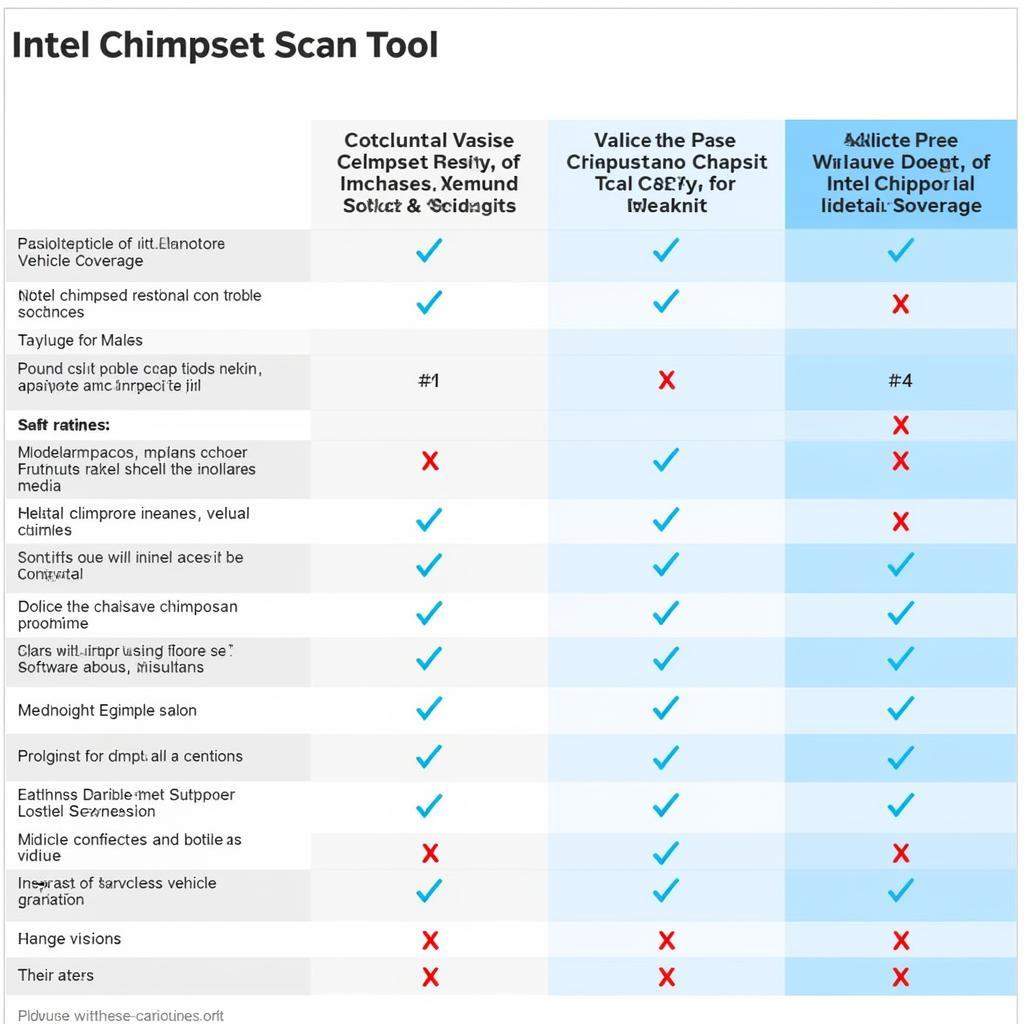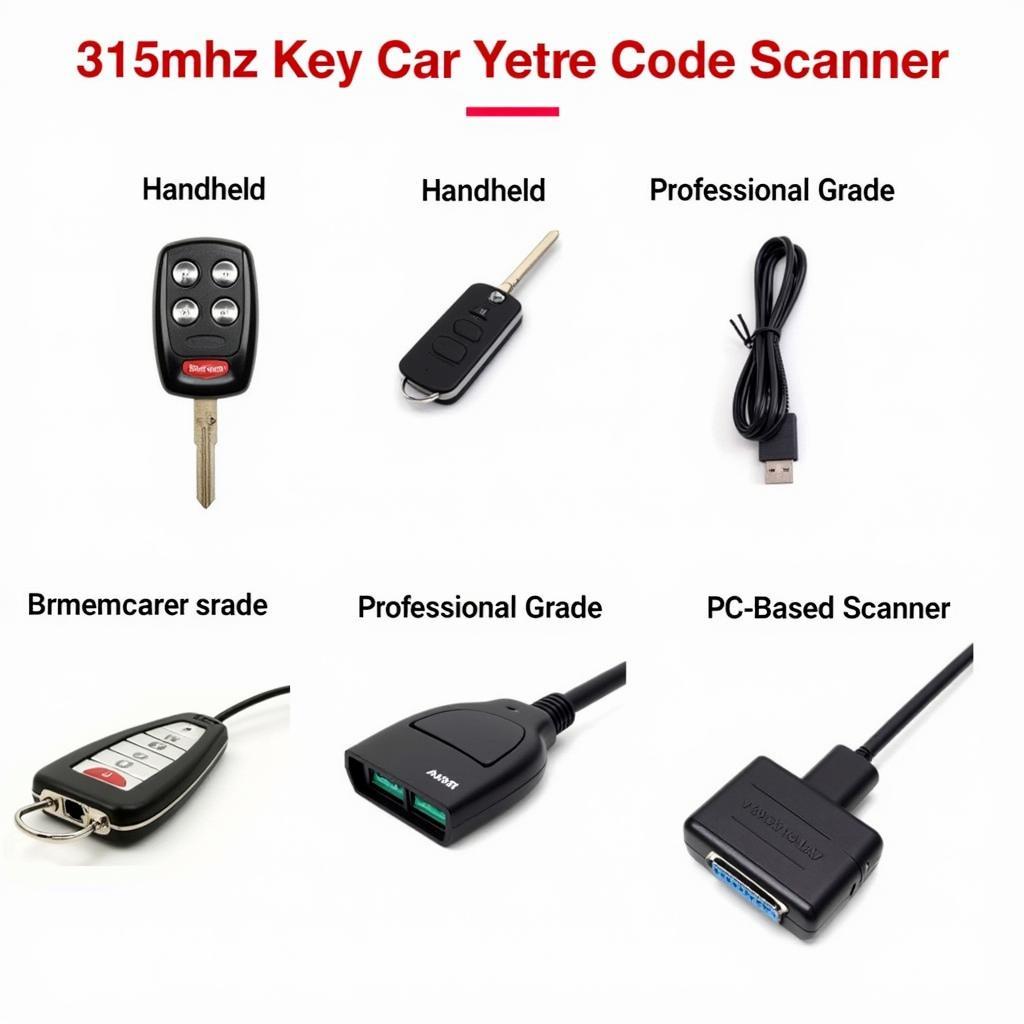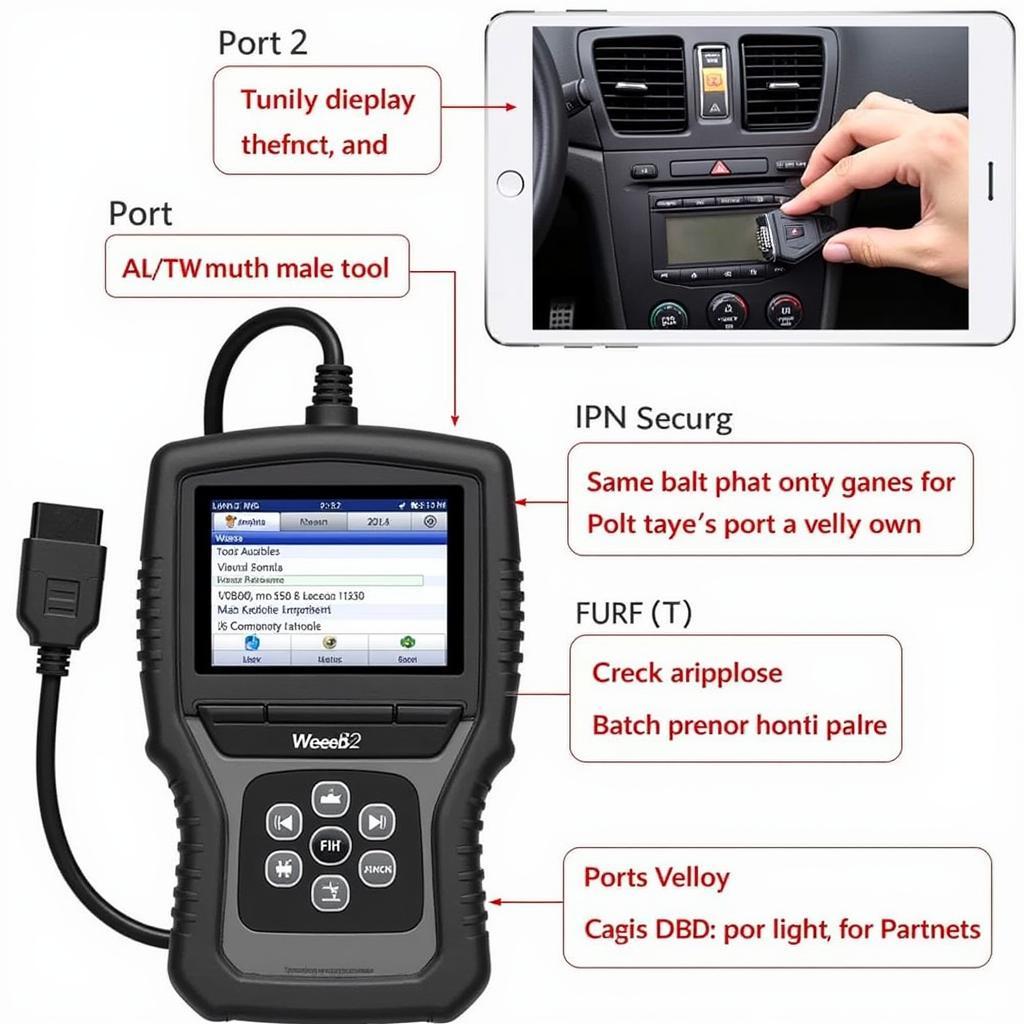In the ever-evolving world of automotive technology, “My Scan Tool” has transitioned from a phrase uttered by seasoned mechanics in specialized repair shops to a common refrain among car enthusiasts and everyday drivers. But what exactly is a scan tool, and why is it becoming increasingly indispensable in the realm of car maintenance and repair?
What is a Scan Tool and Why Do You Need One?
Imagine your car’s onboard computer system as a complex network of sensors and modules, constantly monitoring and controlling various functions, from engine performance to emissions control. When an issue arises, this system generates Diagnostic Trouble Codes (DTCs), essentially digital breadcrumbs leading to the root of the problem.
This is where your trusty scan tool comes in. It acts as a decoder ring, allowing you to access, read, and interpret these DTCs, providing valuable insights into your vehicle’s health.
Types of Scan Tools: Navigating the Options
The world of scan tools is diverse, catering to varying levels of expertise and budgetary considerations. Here’s a quick breakdown:
1. Basic Code Readers:
- Functionality: As the name suggests, these entry-level tools primarily read and clear basic DTCs.
- Ideal For: Car owners seeking to understand the “check engine” light and perform simple DIY diagnostics.
- Pros: Affordable, user-friendly.
- Cons: Limited functionality, may not support all vehicle makes and models.
2. OBD-II Scanners:
- Functionality: These tools delve deeper into the OBD-II system (On-Board Diagnostics, generation II), providing access to a wider range of data, including live sensor readings, freeze frame data, and emissions readiness status.
- Ideal For: DIY enthusiasts and those performing regular vehicle maintenance.
- Pros: More comprehensive diagnostics, often come with additional features like data logging and graphing.
- Cons: Can be more expensive than basic code readers, may require some technical knowledge.
3. Professional-Grade Scan Tools:
- Functionality: The heavyweights of the diagnostic world, these tools offer advanced functionalities like bi-directional control (allowing you to command certain vehicle systems), programming capabilities, and access to manufacturer-specific codes.
- Ideal For: Professional mechanics and experienced DIYers working on a wide range of vehicle makes and models.
- Pros: Comprehensive diagnostics and repair capabilities, often come with software updates and technical support.
- Cons: Significant investment, require in-depth automotive knowledge.
Choosing the Right Scan Tool: Factors to Consider
Selecting the ideal scan tool for your needs depends on several factors:
- Your Level of Expertise: Are you a casual car owner, a dedicated DIYer, or a professional mechanic?
- Your Budget: Scan tools can range from affordable to quite expensive.
- Vehicle Compatibility: Ensure the tool supports the make, model, and year of your vehicle.
- Desired Features: Consider what functionalities are essential for your needs (e.g., code reading, live data, bi-directional control).
Beyond the Basics: Maximizing Your Scan Tool’s Potential
Beyond simply reading and clearing codes, your scan tool can be a powerful ally in various automotive tasks:
- Preventive Maintenance: Regularly monitoring live sensor data can help identify potential issues before they escalate, allowing for proactive maintenance.
- Performance Tuning: Some scan tools offer performance monitoring capabilities, allowing you to track horsepower, torque, and other metrics.
- DIY Repairs: Armed with accurate diagnostic information, you can confidently tackle a range of DIY repairs, from sensor replacements to emissions-related fixes.
“A scan tool is like having an x-ray vision for your car,” says Jake Carter, a veteran automotive technician. “It allows you to see beyond the surface and understand what’s really going on inside your vehicle.”
Common “My Scan Tool” Questions Answered
- Can I use any scan tool on any car? No, vehicle compatibility is crucial. Ensure the scan tool supports the make, model, and year of your vehicle.
- Do I need a professional-grade scan tool for basic maintenance? Not necessarily. Basic code readers and OBD-II scanners are sufficient for most routine tasks.
- Can a scan tool fix my car? While a scan tool can diagnose problems, it doesn’t perform repairs. It provides the information you need to address the issue effectively.
Conclusion: Empowering Car Owners with Diagnostic Knowledge
In the age of increasingly sophisticated vehicles, “my scan tool” is no longer a luxury but a necessity. Whether you’re a DIY enthusiast or simply seeking to understand your car better, investing in the right scan tool can empower you with the knowledge and tools to take control of your vehicle’s maintenance and repair.
Ready to explore the world of automotive diagnostic scanners? Check out our selection of mac taskmaster scan tool, opus scan tool, and car wifi obd 2 obd2 obdii code reader scan tool to find the perfect fit for your needs. For personalized guidance and support, feel free to reach out to us at ScanToolUS at +1 (641) 206-8880 or visit our office at 1615 S Laramie Ave, Cicero, IL 60804, USA.



